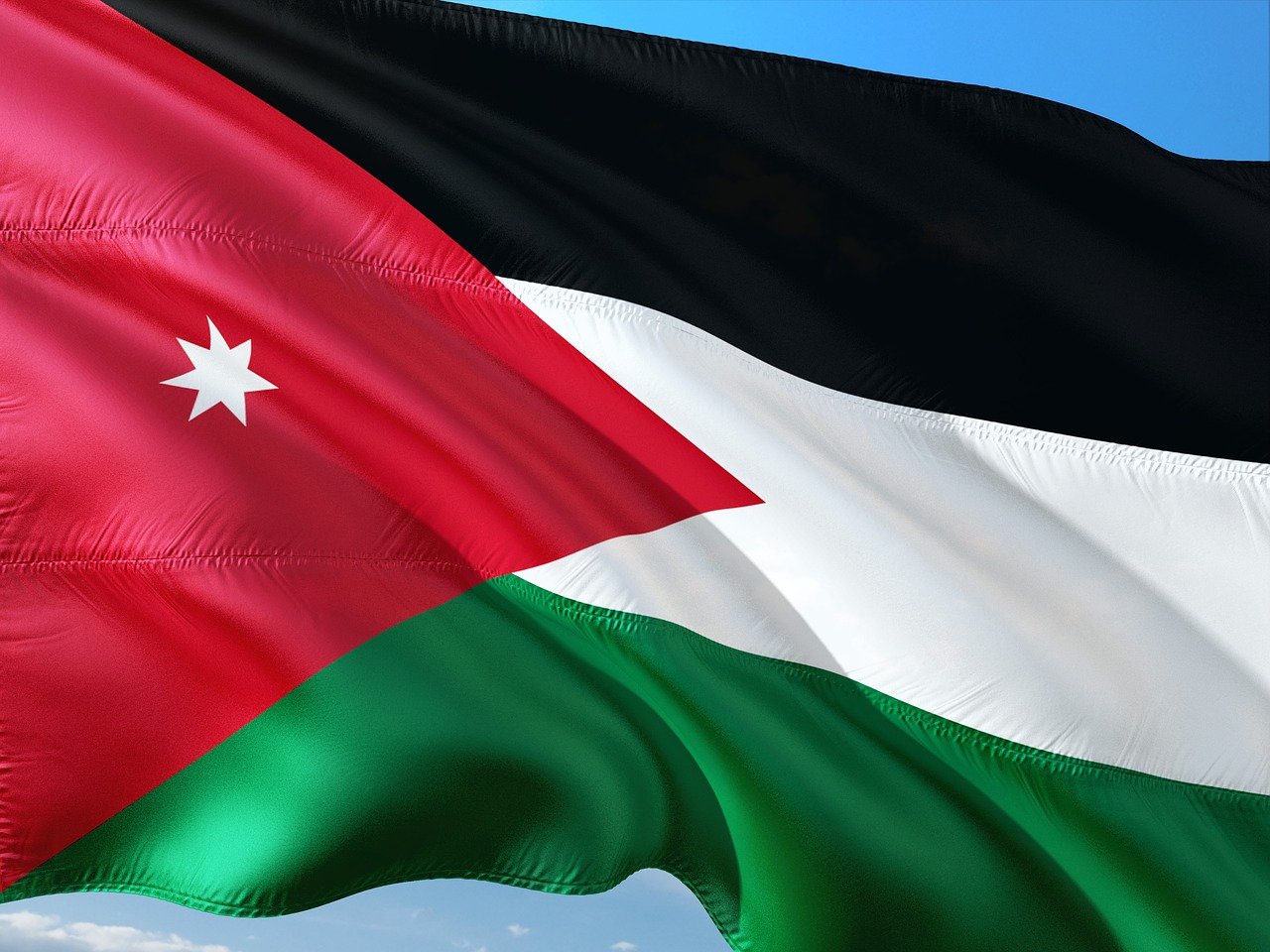Dealing with a new reality, leaving no one behind
This year’s G20 Riyadh Summit convenes virtually, just like so many other major annual events held this year, as we all continue to cope with the new reality imposed by the COVID-19 pandemic.
Throughout this year, the Kingdom of Saudi Arabia, as G20 president, has been working to bring countries together to act jointly on countering COVID-19, and ensuring that vulnerable communities are not left behind.
We remain grateful for the Kingdom’s efforts, especially as it seeks to highlight the impact of the pandemic and its implications on our region, and advances its G20 presidency agenda to empower people, safeguard the planet and shape new frontiers.
Almost a year into this pandemic, many of our countries are now grappling with a second wave of community transmission. It is growing ever clearer that a return to normalcy remains distant. But even if we manage to restore a semblance of normality, the profound ramifications of the pandemic on our economies, food security, healthcare sectors and societies’ well-being will continue for years beyond that.
Jordan strongly believes that addressing these intersecting threats and challenges, while also beating COVID-19, demands a reimagining of our multilateral system – a re-globalisation that ensures better integration at the international, regional, trilateral and bilateral levels, while investing in each country’s strengths and leaving no one behind. G20 members can lead the way and set an example for better synergies across borders, to enable us all to build a better global system that improves on the foundations we have.
A good place to utilise these synergies would be ensuring equal and equitable access to a COVID-19 vaccine and new therapeutics, once available. Front-line workers around the world – the doctors, nurses, paramedics, teachers, security personnel and others keeping our healthcare, educational and economic sectors running – should be among the first to receive the vaccine. Vulnerable communities, people living in poverty and densely populated areas without the luxury of social distancing, and refugees and their host communities must also be prioritised for access to vaccination and medication, to avert a catastrophic outbreak of the virus in their midst.
Threats to food security
A major concern is food security, and the G20’s role is key as we prepare for the Riyadh Summit. More than 2 billion people do not have regular access to safe, nutritious and sufficient food, according to the Food and Agriculture Organization. Disruptions to supply chains due to COVID-19 lockdowns have added to an already growing food crisis caused by a convergence of factors: climate change, conflict, global displacement and fresh water shortages, among others. Figures from FAO reveal that nearly 690 million people are hungry, up 10 million since 2019. In this 21st century, the pandemic could add between 83 million and 132 million people to this number.
Vulnerable communities must be at the top of our priorities when facilitating access to food and countering the threat of malnutrition. As host of the second highest number of refugees per capita globally, Jordan is acutely aware of the need to protect refugee communities from the threats of COVID-19 and food insecurity. It is a duty. We are working closely with United Nations agencies and international non-governmental organisations to limit the spread of the virus in refugee camps. However, protecting refugees is the responsibility of all of us. Families displaced by conflict and crises should not be left to fend for themselves.
Jordan is also ready to play its part in a re-globalised world. Its strategic location, at the crossroads of Africa, Asia and Europe, sets Jordan up to serve as a facilitator of broad international action and as a regional hub for food security and crisis response.
At times of crisis, it is very easy to lose ourselves in the immediate repercussions. There is no question that the direct effects of the pandemic have been tragically devastating to us all, with so many precious lives lost everywhere. But by remaining mindful of the threats that could follow, we would be able, God willing, to avert further tragedies that may be caused by the economic and social implications brought on or exacerbated by COVID-19.
We look forward to the G20’s Riyadh Summit to examine global measures to deal with life after COVID-19, and to contribute effectively to making our world healthier, better integrated and more economically just. It is no longer an option.












